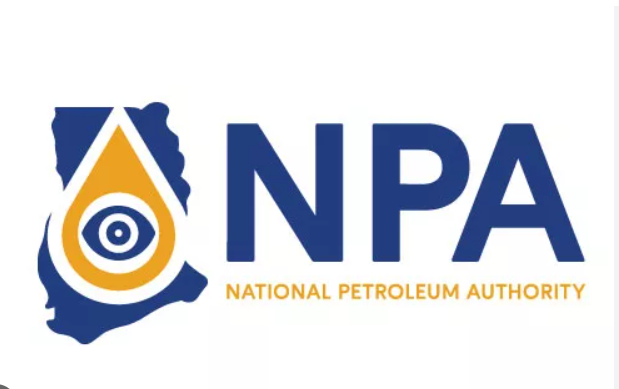Ghana and France have signed an agreement to help strengthen the health sector in the country.
Under the agreement, additional support will be offered to the country for scientific research into the most appropriate way to implement secondary prevention of cervical cancer among women living with HIV.
The €2.8 million grant, which was made possible through Expertise France to the Ghana Health Service (GHS) and the Noguchi Memorial Institute for Medical Research (NMIMR), will also support the country’s response against diseases such as malaria, tuberculosis and human immunodeficiency virus (HIV).
The agreement was signed between the two countries at the Residence of the France Ambassador to Ghana in Accra last Thursday.
The Director-General of the GHS, Dr Patrick Kuma-Aboagye, initialled on behalf of the beneficiaries, while the Head of Cooperation at the French Embassy in Ghana, Julien Lecas, signed for his country.
Investment
Mr Lecas, who represented his ambassador, said Ghana had received support from the Global Fund for over 20 years, with significant investment in HIV, tuberculosis and malaria pandemics.
“And as you may know, France is a major donor to the Global Fund. This week, the team of L’Initiative from Expertise France is here in Accra, together with the Global Fund country team.
“It is our hope that this visit will trigger further development of L’Initiative’s portfolio in Ghana.
“We at the French Embassy in Ghana are very pleased to be able to officially launch the two programmes funded by L’Initiative to strengthen and evaluate the quality of health services by the GHS on one hand.
“And on the other hand, it is also aimed at supporting the secondary prevention of cervical cancer among women living with HIV through the NMIMR,” he said.
The Technical Director at Expertise France Groupe, Eric Fleutelot, said his outfit was pleased to support Ghana improve on its health care.
“And I know that we are already making progress”, however, more efforts were needed to reduce vertical transmission of HIV, he added.
Community scorecard
Dr Kuma-Aboagye said the grant was offered through a community scorecard initiative by the GHS.
He said the initiative, which was introduced in 2018, was aimed at strengthening community participation in health care and also improving accountability in service delivery.
According to him, the grant would help extend the scorecard implemented to include HIV and tuberculosis.
An Associate Professor in charge of Medicine, Molecular, Microbiology and Virology at NMIMR, Prof. George Kyei, said there was a need for a national policy to integrate cervical cancer screening into routine HIV care
















